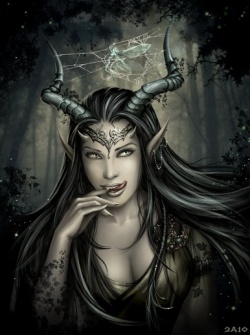Difference between revisions of "Akusala-sādhārana-cetasika"
m (Text replacement - "Category:Pali terminology" to "{{PaliTerminology}}") |
|||
| Line 21: | Line 21: | ||
[http://www.palikanon.com/english/wtb/a/akusala-sadharana.htm palikanon.com] | [http://www.palikanon.com/english/wtb/a/akusala-sadharana.htm palikanon.com] | ||
| − | + | {{PaliTerminology}} | |
[[Category:Buddhist Terms]] | [[Category:Buddhist Terms]] | ||
Latest revision as of 12:47, 27 April 2014
'general unwholesome Mental factors associated with all unwholesome actions' (volitions), are four:
- (1) lack of Moral shame (Ahirika),
- (2) lack of Moral dread (Anottappa),
- (3) restlessness (Uddhacca),
- (4) Delusion (Moha).
For (1) and (2) s. Ahirika-anottappa, for (3) s. Nīvarana, for (4) Mūla. (App.).
Akusala-sādhārana-Cetasika: Universal, general or primary disadvantageous Mental properties associated with all disadvantageous intentions: These are four; 1: Lack of Moral shame Ahirika, 2: Lack of fear of wrongdoing Anottappa, 3: Restlessness Uddhacca, 4: Confusion Moha. For 1 and 2 see: Ahirika-anottappa; for 3 see: Nīvarana; for 4 see: Mūla see also the Appendix. The corresponding opposite term designating advantageous (beautiful) Mental property is sobhana-sādhārana-Cetasika see: sobhana.
The corresponding term in the field of wholesome Consciousness is sobhana- sādhārana-Cetasika (s. sobhana).
